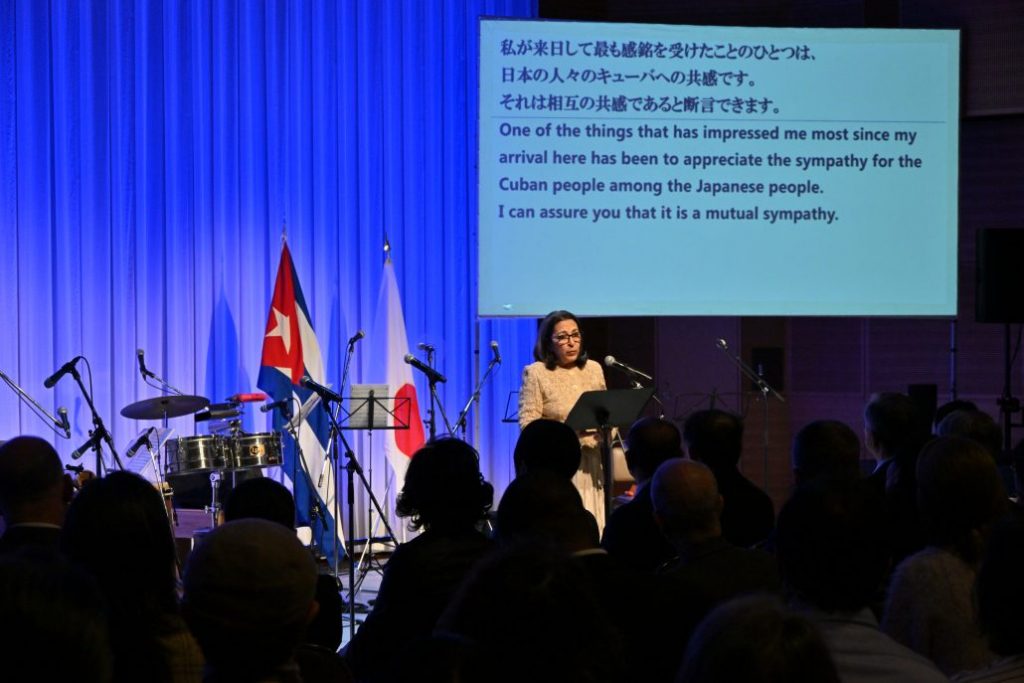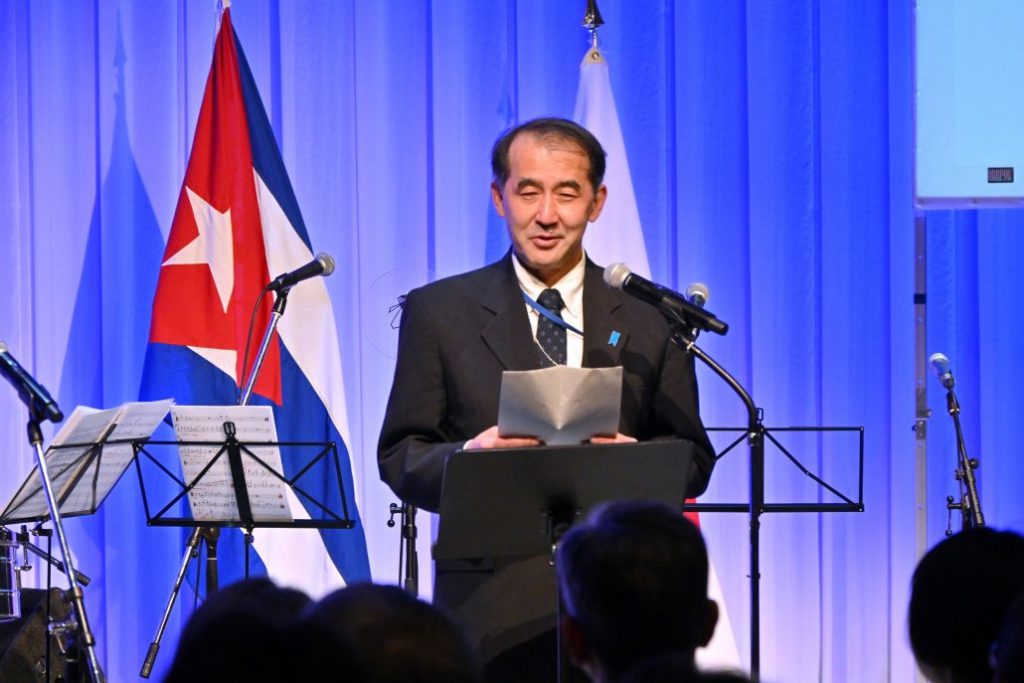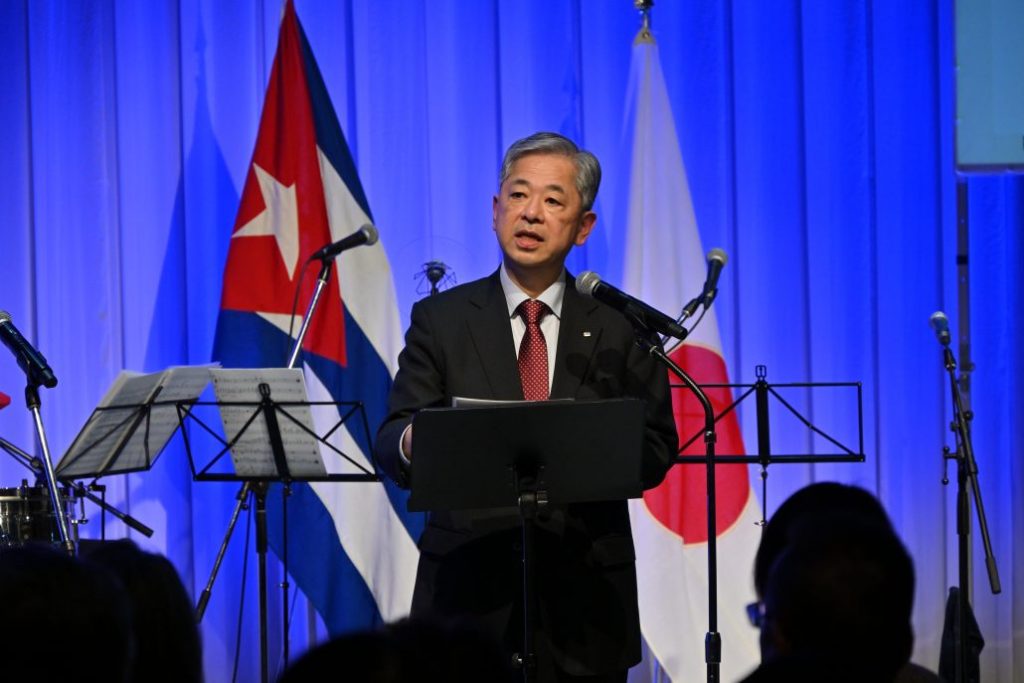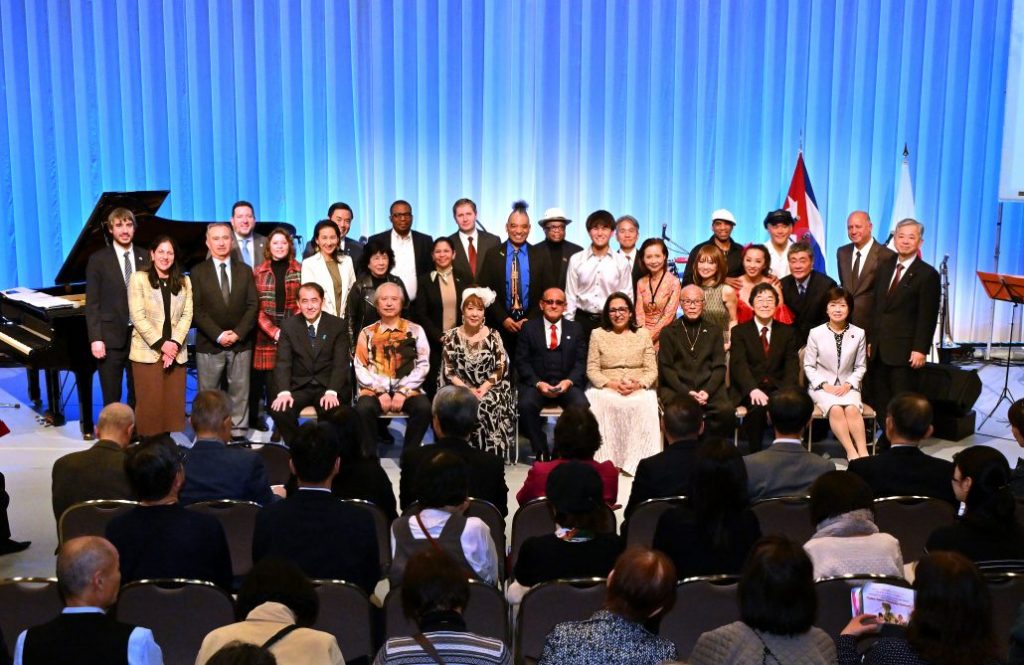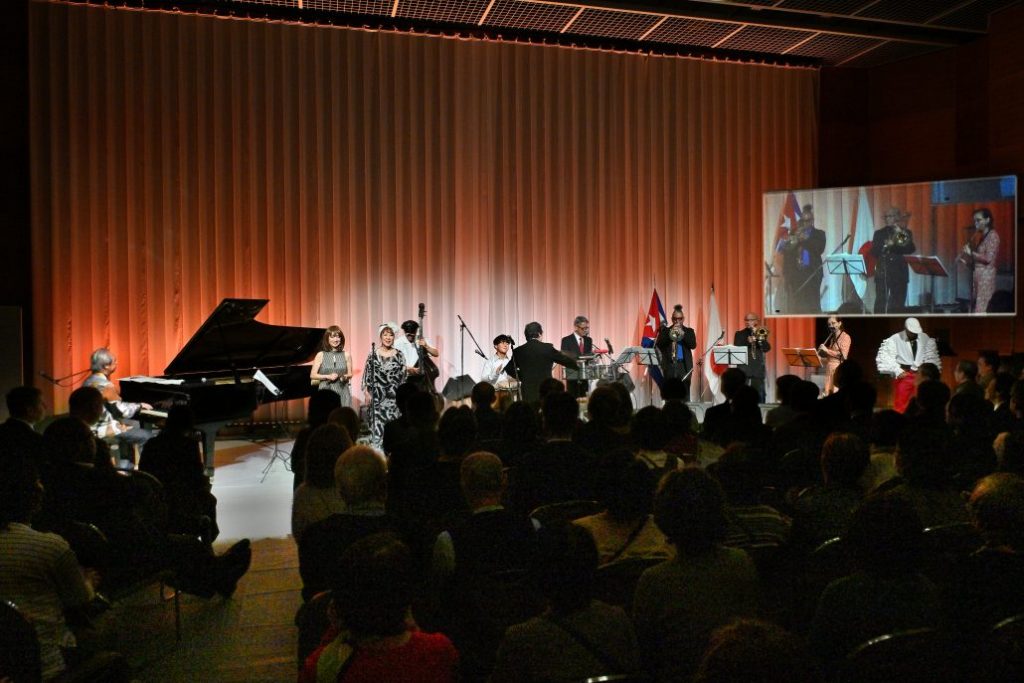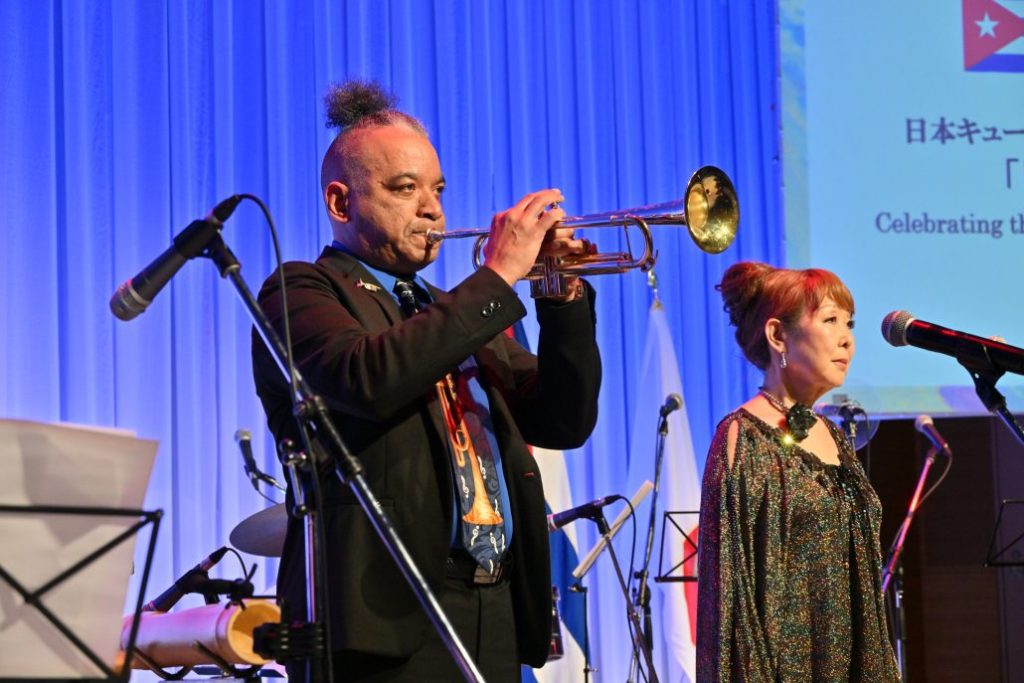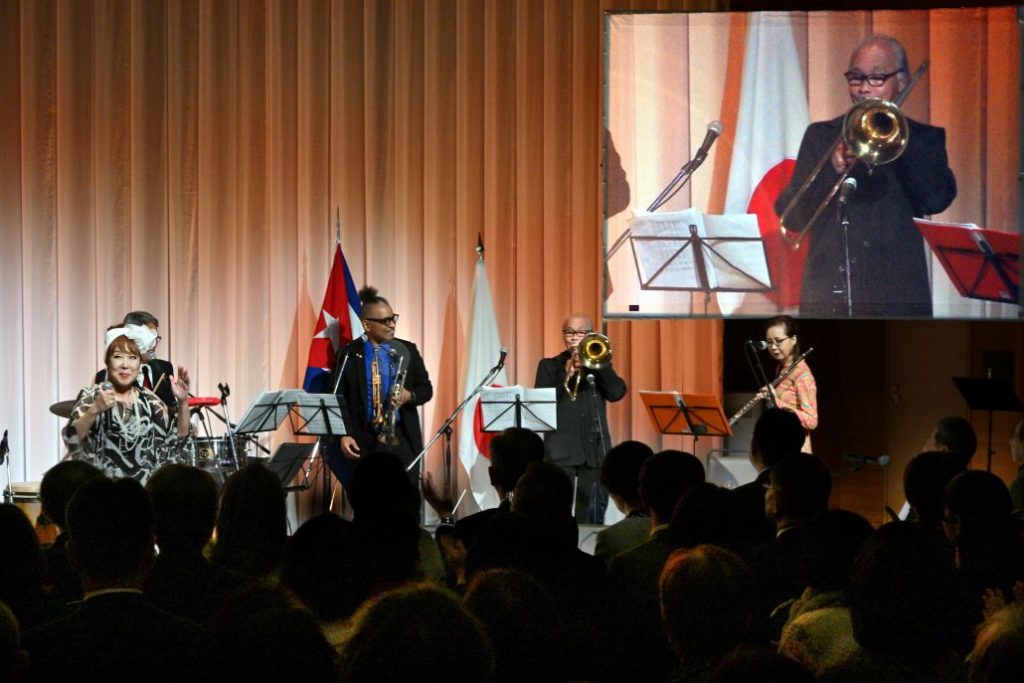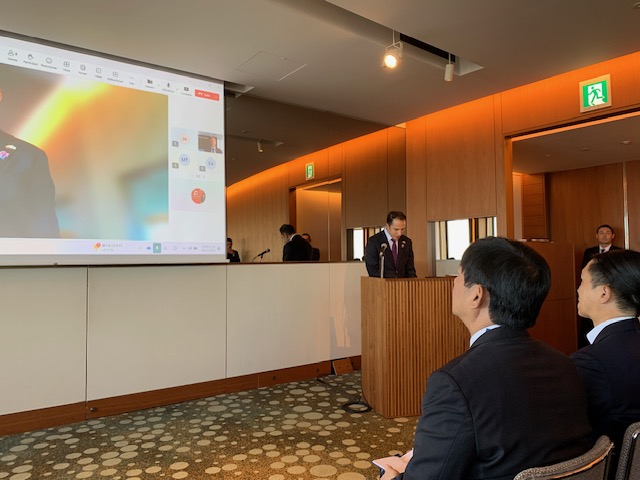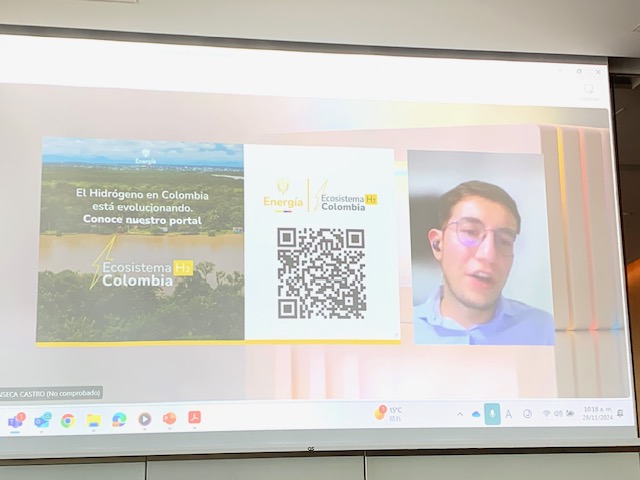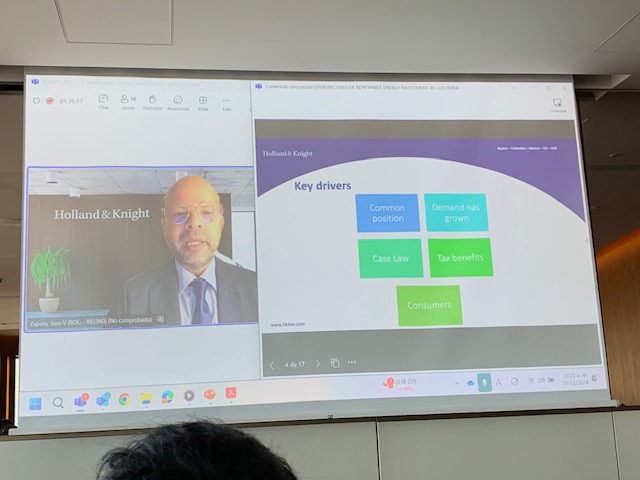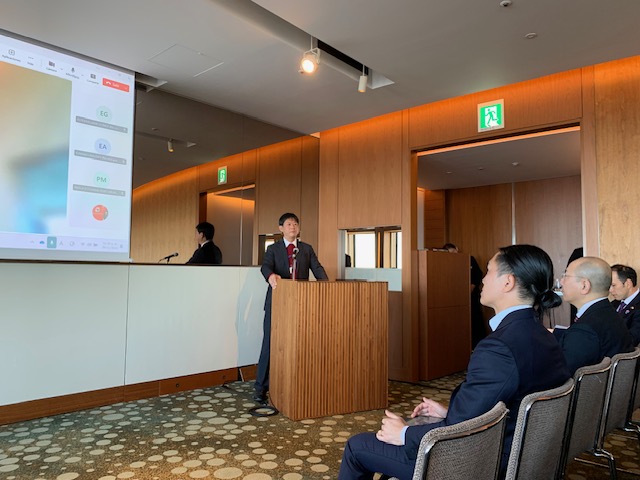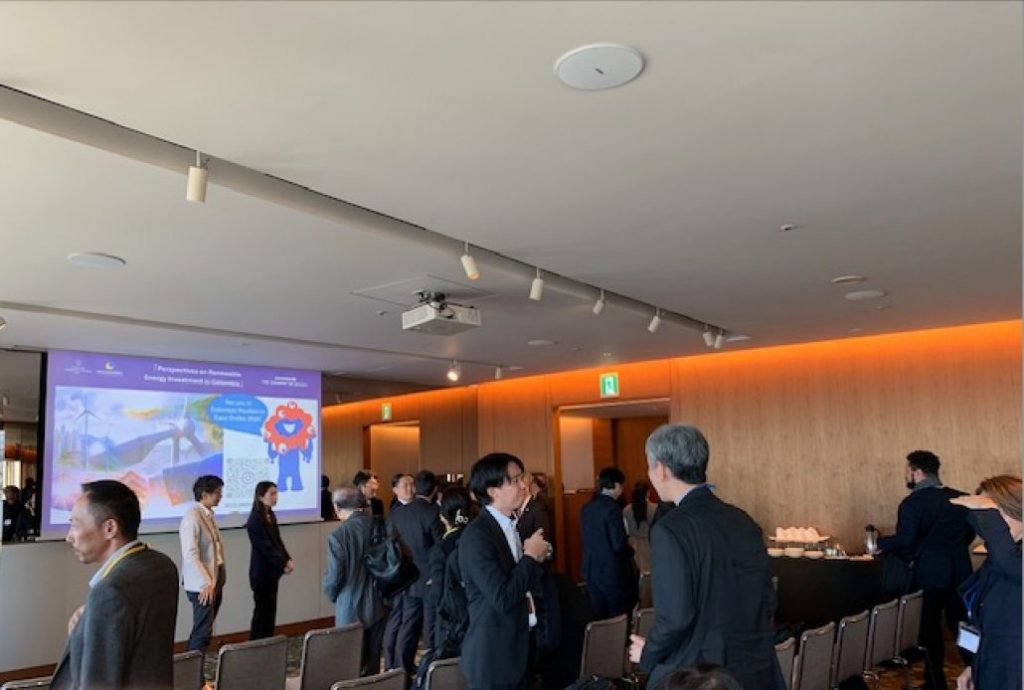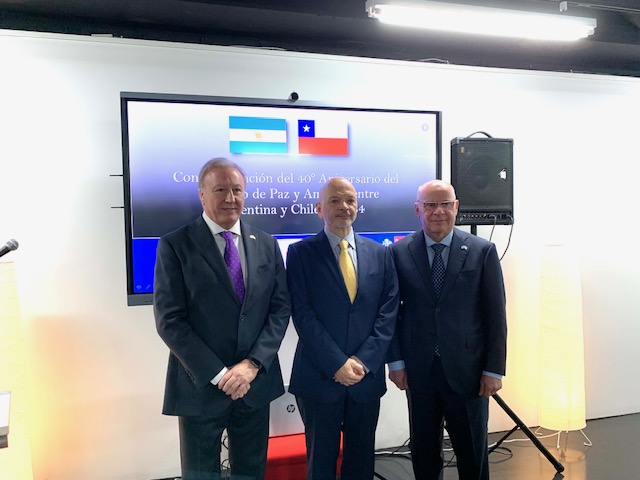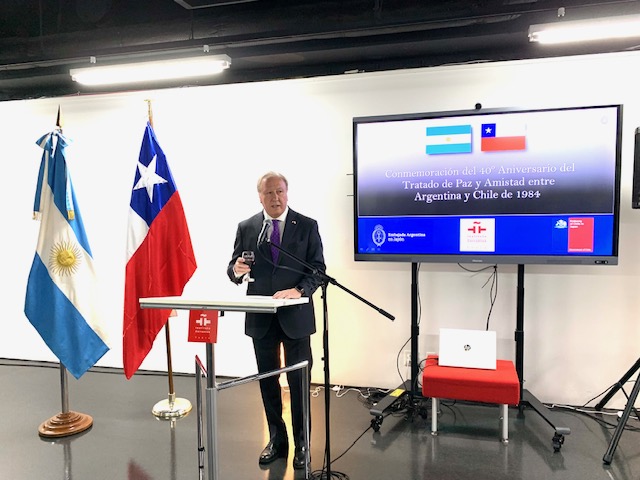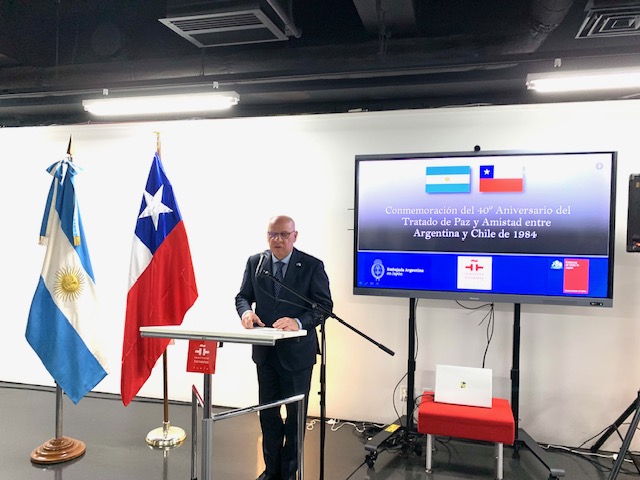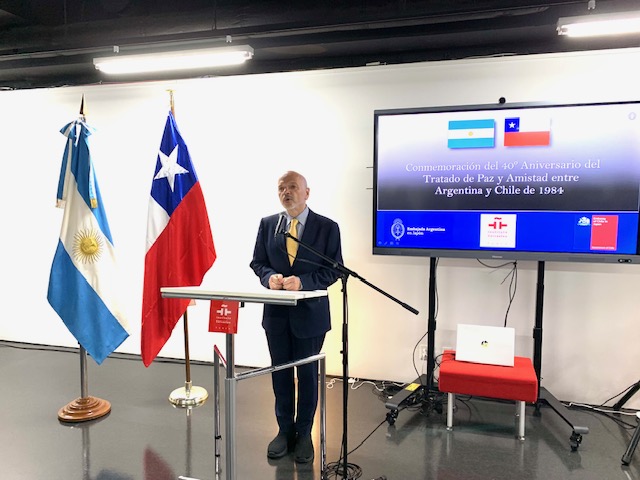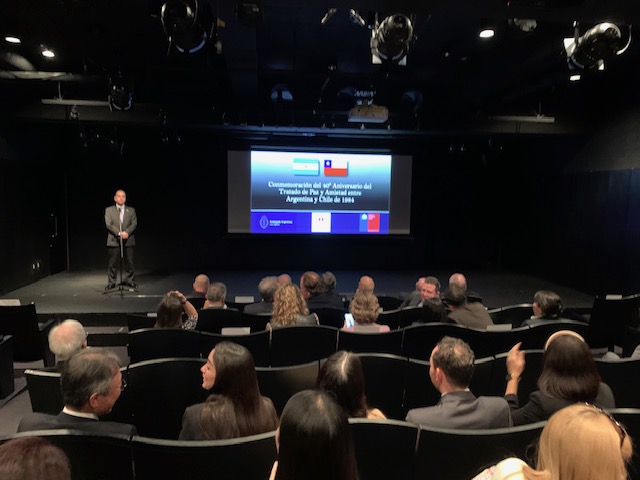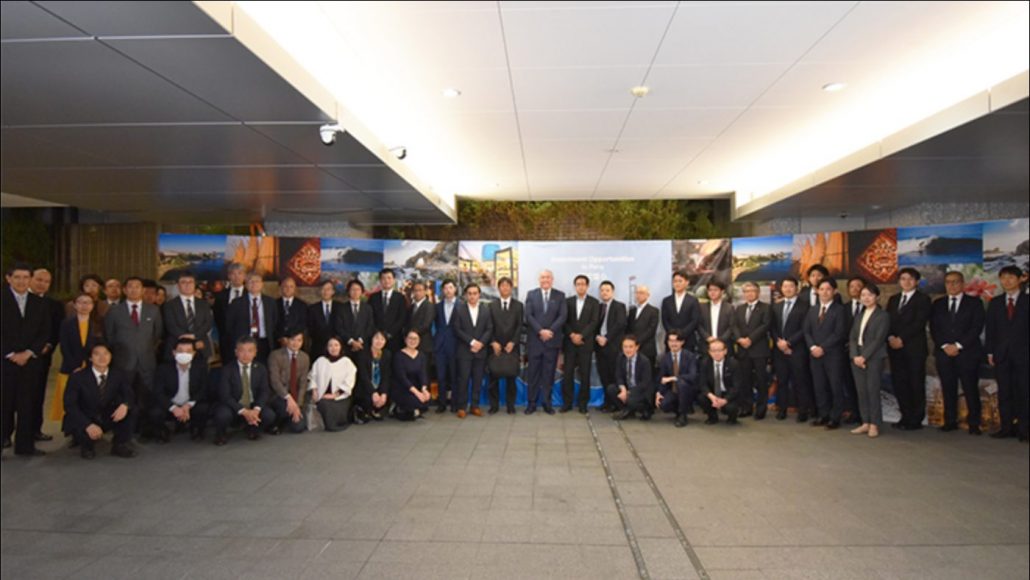Cuba and Japan came together to celebrate the 95th anniversary of their diplomatic relations with the enchanting concert “Japan Sings to Cuba,” held at the Min-On Cultural Center in Tokyo. At the invitation of the Cuban Embassy, Dr. Ritter Diaz, Representative of JAPOLAC, participated in this joyful event, which highlighted the enduring friendship between the two nations.
Cuban Ambassador Gisela García warmly expressed the historical bonds of friendship that unite Cuba and Japan. She praised Japan’s valuable development cooperation in areas of significant social impact, emphasizing the strength and depth of the bilateral relationship.
Yasushi Noguchi, Director General of the Latin America and Caribbean Bureau of Japan’s Ministry of Foreign Affairs, reaffirmed Japan’s commitment to fostering closer ties with Cuba. He highlighted the importance of ongoing collaboration as both nations look toward the centennial of their diplomatic relations. Noguchi also mentioned Japan’s recent humanitarian aid to Cuba following Hurricane Rafael, a heartfelt gesture reflecting the solidarity and mutual support between the two countries.
Koji Yamaguchi, President of Min-On Concert, eloquently spoke about the rich cultural exchanges that have defined Japan-Cuba relations over the years. He paid tribute to the visionary legacy of Daisaku Ikeda, founder of Min-On, whose efforts have promoted music as a universal bridge of understanding and harmony among peoples.
It is worth noting that the formal date marking the establishment of diplomatic relations is December 21, while the ties between the two nations stretch back more than 410 years, beginning with the historic visit of the samurai Hasekura Tsunenaga to Cuban soil during his journey to Rome. Today, these relations flourish, rooted in friendship, cooperation, and mutual respect.
The concert, featuring exceptional performances by Japanese artists such as Ken Morimura, Noriko Kishi, Luis Valle, Mika Takenaga, and others, masterfully showcased traditional Cuban music. This vibrant celebration marked the beginning of a series of commemorative events, exemplifying the joy and unity that define the Japan-Cuba relationship.

